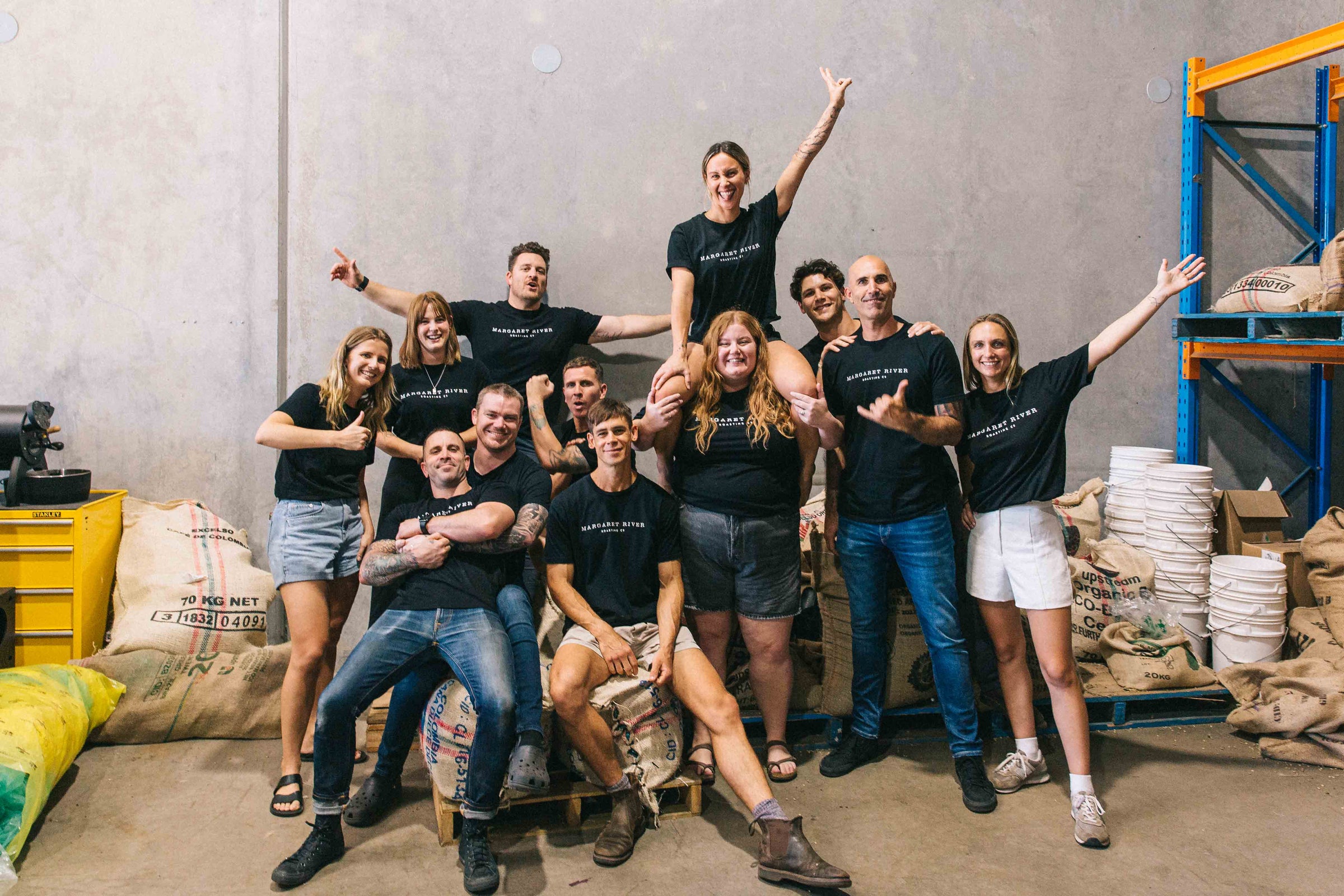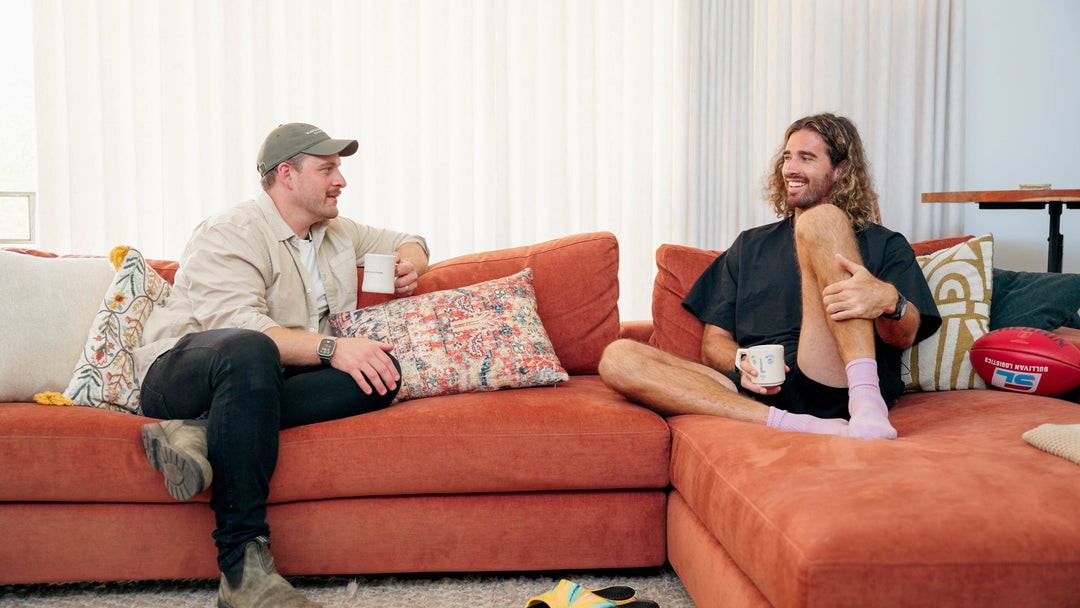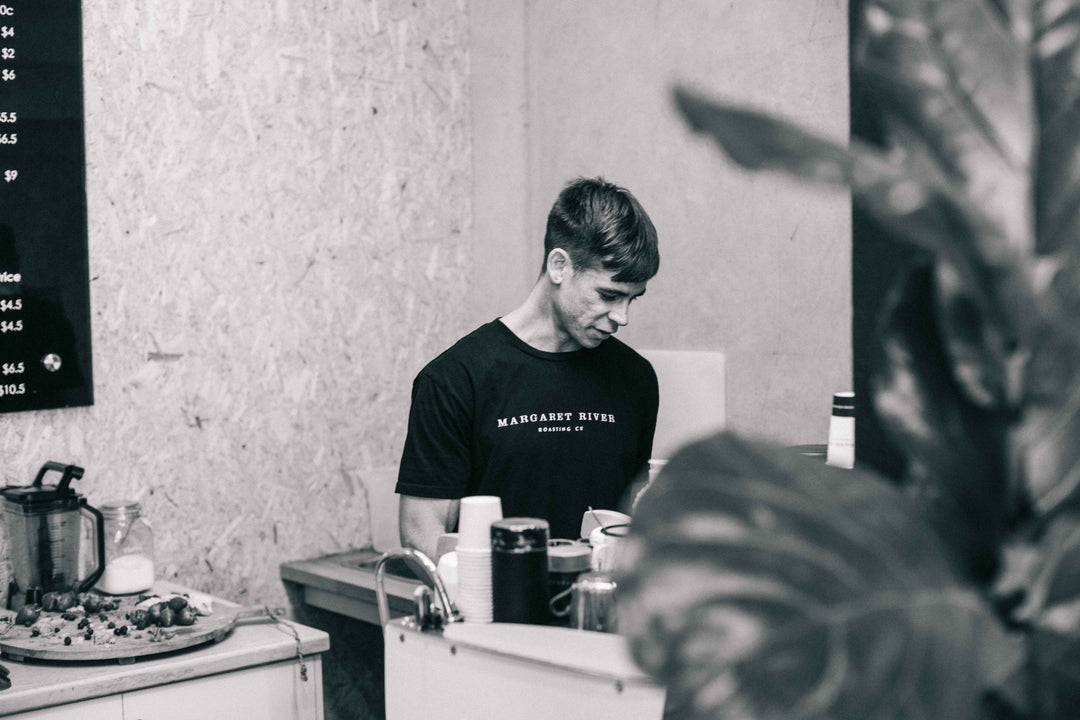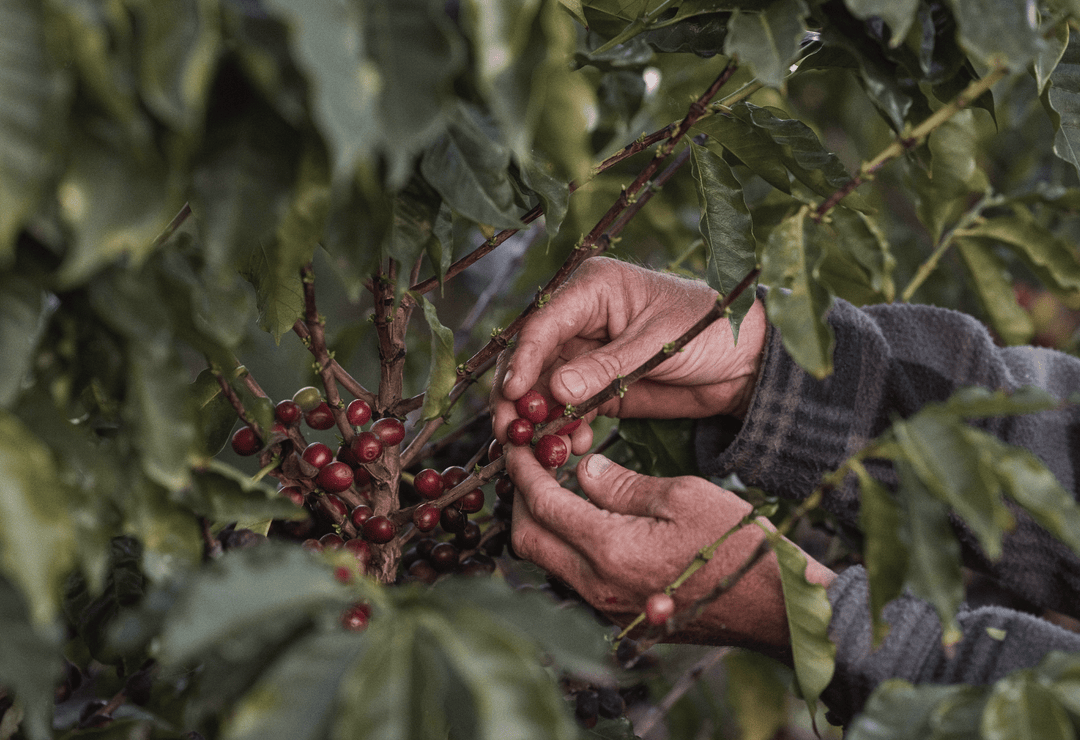Perceivable Flavour in Triangulation Tastings: Confirmation Bias Among Coffee Experts
In the realm of specialty coffee, triangulation tastings are a revered method for honing one's palate and distinguishing between different coffee profiles. However, even among seasoned coffee experts, the human element—confirmation bias—can subtly influence perceptions and judgments. This blog explores the phenomenon of confirmation bias in triangulation tastings and its implications for the coffee community.
Understanding Triangulation Tastings
Triangulation tastings are designed to test a taster's ability to discern subtle differences between coffee samples. In a typical setup, three cups of coffee are presented, two of which are identical, and one is different. The goal is to identify the odd one out based solely on taste.
This method challenges even the most experienced palates and provides a rigorous way to evaluate sensory skills. It’s a staple in professional coffee cupping and competitions, helping to ensure quality and consistency in the coffee industry.
The Role of Confirmation Bias
Confirmation bias is the tendency to interpret new evidence as confirmation of one's existing beliefs or theories. In the context of coffee tastings, this could mean that an expert might subconsciously let their preconceived notions about a coffee’s origin, processing method, or even brand influence their judgment.
For example:
- An expert might expect a coffee from Ethiopia to have distinct floral and fruity notes. When presented with a coffee labeled as Ethiopian, they might be more inclined to perceive those notes, even if they are not as prominent as expected.
- If a coffee is labeled as a high-end specialty coffee, an expert might rate it more favorably than a less prestigious label, regardless of the actual taste.
The Experiment: Unveiling Bias
A fascinating approach to studying confirmation bias in triangulation tastings involves a blind test where the identities of the coffees are hidden. By removing labels and origins, tasters rely solely on their sensory perception, devoid of any preconceived expectations.
Hypotheses to Explore:
- Expectation vs. Reality: Do experts rate coffees differently when they know the origin compared to when they don't?
- Label Influence: How does branding (e.g., specialty vs. commodity) affect an expert's judgment in blind vs. informed tastings?
- Repeated Exposure: Does repeated exposure to certain types of coffee reinforce biases in flavour perception?
Results and Discussion
Several studies and anecdotal evidence suggest that even seasoned coffee experts are not immune to confirmation bias. For instance, a study might reveal that experts are more accurate in blind tastings compared to when they know the origin or brand. This indicates that knowledge can indeed skew perception.
Implications for the Coffee Industry:
- Training and Calibration: Regular blind tastings should be incorporated into training programs for coffee professionals to help mitigate bias and improve sensory accuracy.
- Transparency in Evaluation: Coffee competitions and quality assessments might benefit from blind tasting protocols to ensure unbiased evaluations.
- Consumer Education: Educating consumers about the potential for bias can foster a more informed and discerning coffee culture.
The Controversial Sip: Is Bias Always Bad?
Here’s where the discussion gets a bit contentious. Some argue that biases, shaped by years of experience and exposure, are not entirely detrimental. They can guide experts towards quicker and often accurate judgments based on familiar patterns. However, relying too heavily on these biases can lead to overlooking exceptional coffees that don’t fit the expected mold.
The Final Sip
Triangulation tastings are a powerful tool for refining our coffee palates, but they also expose the subtle biases that even experts can harbour. Understanding and acknowledging confirmation bias is crucial in our pursuit of coffee excellence. Whether you’re a seasoned barista, a coffee roaster, or an enthusiastic home brewer, embracing blind tastings can sharpen your skills and deepen your appreciation for the diverse world of coffee.
So, the next time you sip your favorite brew, ask yourself: are you tasting the coffee for what it truly is, or through the lens of what you expect it to be? Let’s brew up some honest and unbiased discussion!




Leave a comment